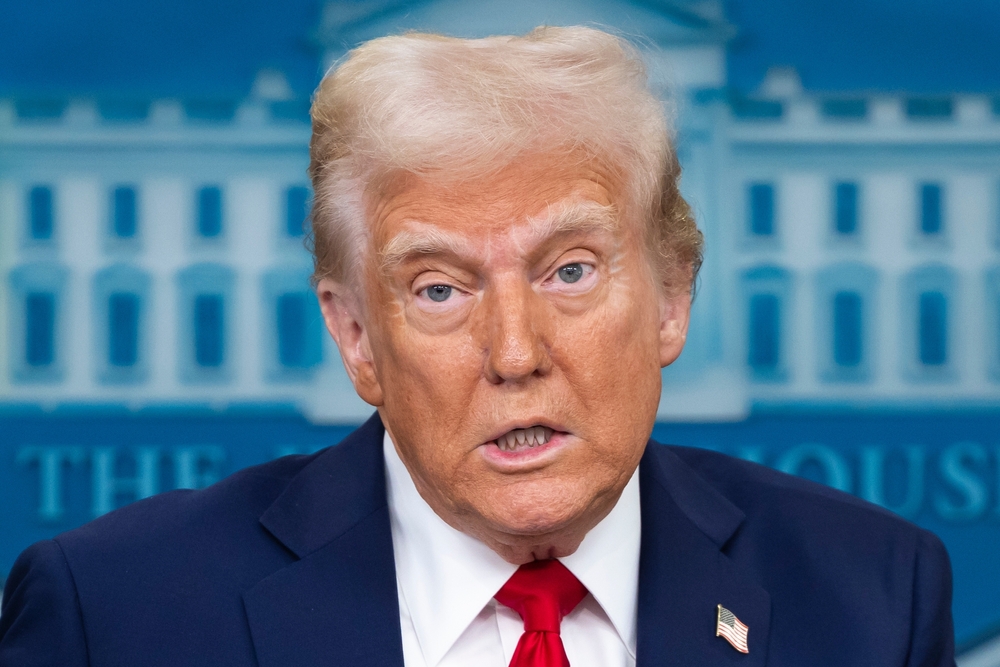President signs law mandating rapid release of records
Donald Trump announces he has signed a law requiring the Justice Department to release all federal records tied to Jeffrey Epstein. The law sets a 30-day deadline, though officials may withhold information that could jeopardize ongoing investigations or violate personal privacy. With Trump’s backing, the bill passes both chambers with overwhelming support. He reverses his stance after pressure from survivors and members of his own party. Trump had previously dismissed the effort as a partisan distraction before changing course. He now claims the files may reveal information about Democratic figures and stresses his direct role in approving the measure.
Congress moves forward with near-unanimous support
Congress does not need to vote to release the files, since Trump could have ordered disclosure himself. Lawmakers still advance the bill. The House approves it 427 to 1. The Senate passes it without objection. The files include criminal investigation records, interview transcripts, seized materials, and internal Justice Department communications. They also contain flight logs and links to individuals and organisations connected to Epstein. These records differ from the 20,000 pages released last week from Epstein’s estate. Those documents include 2018 messages in which Epstein claims he can “take down” Trump and says he knows “how dirty donald is.” Trump and Epstein were close for years. Trump says they fell out in the early 2000s and denies any wrongdoing.
Survivors praise law and demand full transparency
Survivors welcome the move. The family of Virginia Giuffre calls it “nothing short of monumental.” They insist every name must be revealed, regardless of influence or wealth. They say their efforts continue until complete transparency is achieved. Epstein dies in 2019 in a New York jail cell. A coroner rules his death a suicide. He faces sex-trafficking charges at the time and has a prior conviction from 2008 for soliciting prostitution from a minor. Epstein maintains ties to many high-profile figures across politics, finance, and media.
Renewed scrutiny falls on high-profile Epstein associates
Former Harvard president Larry Summers steps aside from teaching on Wednesday. The university investigates his connections to Epstein after friendly emails surface. Attorney General Pam Bondi must release all unclassified records tied to Epstein and Ghislaine Maxwell within 30 days of the law’s enactment. Maxwell serves a 20-year sentence for sex trafficking. Officials may still withhold information that could compromise ongoing investigations or expose victims. Congressman Thomas Massie warns that new probes could delay disclosure. He fears authorities may use them to justify keeping files sealed.


